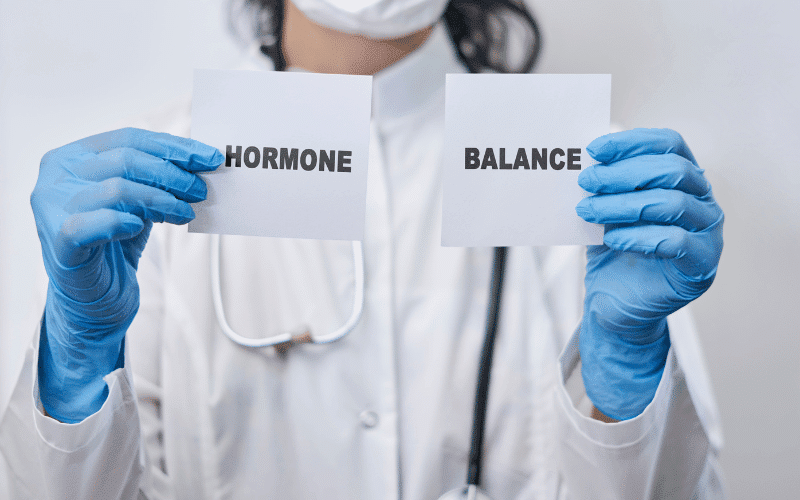2. Hormonal Changes: The Estrogen Connection to Migraines

Hormonal changes, particularly fluctuations in estrogen levels, can play a significant role in migraine development. This is especially true for women, who are three times more likely than men to experience migraines. Many women report an increase in migraine frequency and intensity during menstruation, pregnancy, and menopause, all of which are times of hormonal change.
Estrogen is known to have an impact on the brain’s pain-processing pathways, which may explain its role in migraine development. When estrogen levels drop suddenly, as they do before menstruation, the risk of migraine increases. In contrast, some women experience relief from migraines during pregnancy when estrogen levels are consistently high.
To manage migraines related to hormonal changes, it’s essential to track your menstrual cycle and migraine occurrences. This can help you identify patterns and work with your healthcare provider to develop a tailored treatment plan. Hormonal therapies, such as birth control pills or hormone replacement therapy, may be recommended in some cases to help regulate hormone levels and reduce migraine frequency. (2)